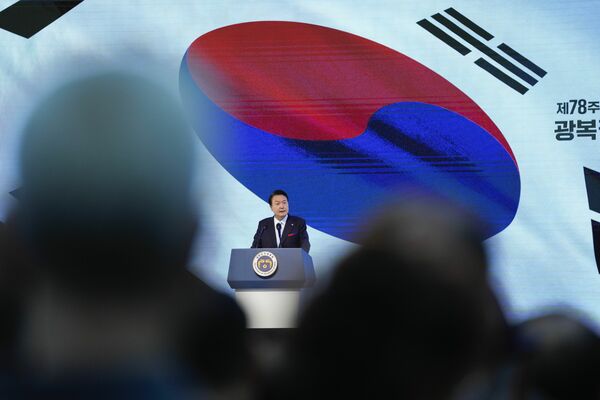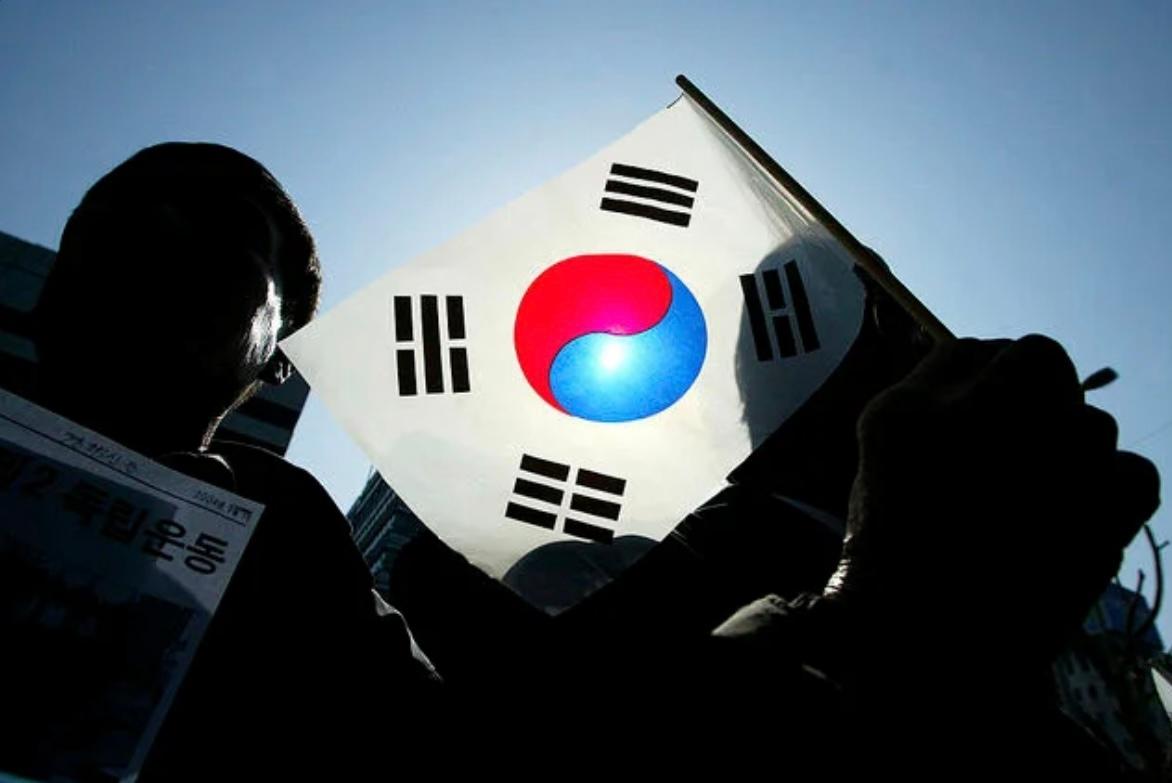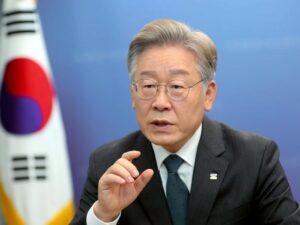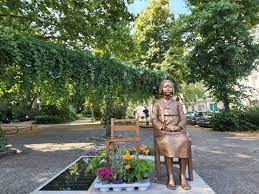
In South Korea, “If things continue as they are, we will perish.
After the president suffered a crushing defeat in the April general election for the National Assembly, the opposition parties in South Korea have immediately been trying to create a negative impression of the president.
Some media reported that “the president’s approval rating has dropped to 23%,” and that there were comments from within the ruling party that “if things continue as they are, the country will perish. For President Yun, the situation is quickly becoming increasingly difficult. What became clear in this election was that even the opposition understood the disadvantages of an “anti-Japanese” platform at this point in time. And they were right in their judgment that they could win votes by pledging subsidies. The plan is to shift to an “anti-Japan” platform by personally attacking the president, who has yet to produce any results, and by watching when the public begins to dance in the palm of the opposition’s hand.
A Korean acquaintance asked, “In Japan, can we buy a house…?”
In the past, North Korea would have appealed for a “North Korean attitude” of “reunification of the country and the same people” in combination with “anti-Japan,” but since North Korea abandoned “peaceful reunification of the country” at the end and beginning of the year and has designated South Korea as its primary adversary and is preparing to use military force against the country, it is believed that North Korea will indeed be unable to speak out about its North Korean ideology until the next presidential election. Therefore, it is believed that the South Koreans will not be able to speak out against the North until the next presidential election. More than anything else, the abandoned North Korean sympathizers are clinging to the opposition and may even feel that their seizure of power is a sign of their further loyalty to North Korea. Even so, they are unlikely to win North Korea’s trust, but they believe that they must first steadily increase their domestic favorability. During the Korean elections, a journalist friend (South Korean) visited me. He had cast his ballot before the deadline and had come to see me for the first time in a while after finishing his coverage in Tokyo and Kansai. I picked him up at Beppu Station in Oita Prefecture, and the first thing he said when we met was, “Can I work in Japan or buy a house? The first thing he said to me was, “Can I work in Japan or buy a house? I had expected him to say that after seeing the results of the Korean election. This time, there were three Korean journalists visiting Japan, and all three of them said they were seriously considering emigration after seeing the election results.
For once, it’s not funny.
During the three days the reporter friend stayed in Japan, I guided him around Oita and Kumamoto and talked to him about jobs and housing situations that he might be able to do, and I suspect that the number of Koreans like this will increase in the future. Of course, many Koreans stay in their own country, but those who regularly report overseas say that the distorted reality of Korea is beginning to wear on their patience. When people move abroad, they often have dreams for the country, but these people are leaving because they can no longer stand their own country. I have the same feelings, so I will give them whatever advice I can, but my friend said, “If you don’t stop thinking in Korea from now on, you are going to lose your way. When I asked him if it was because he could become a member of the National Assembly even though he had strayed from the path of humanity, he looked at me seriously and said, “For once, I can’t laugh at you. I had once asked a man in his late 40s, “Don’t you people have any common sense?” in response to a business nonpayment in Korea, to which he replied, “Common sense that prevails in island countries is different from that of the continent (peninsula). To me, this was a statement from the person who had caused the nonpayment without contacting me, but it was not the only time I had such an experience in Korea.
Is There a Future?
In Japan, people often ask, “How are you doing? Lately, people often say, “Lately,” or “Life has been tough. As a self-employed person, I had initially thought that there is no such thing as “hard life” when one takes weekends and holidays off. However, after seven years of living in Korea, I began to say the same thing: “Life is so hard. In Japan, I had never felt “hard” even when I was in a tight spot, but in Korea, it was really “hard. Everywhere I looked, I saw leftist demonstrations everywhere I went. Even in the countryside, you see leftist banners, if you turn on the TV, you see leftist advocacy programs, and if you talk to people, you end up talking about political issues (Japan-Korea problems). …… Such “daily life” became hard for me. I remember feeling relieved when I heard that a Japanese expatriate friend of mine had similar concerns. For better or worse, the Moon Jae-in administration has made Japan aware of the country of South Korea and exposed the “lies” of the left to the Korean people, but looking at the results of this election, one can only ask, “So what was the point? The results of this election can only be described as “So what was the point? Lee Jae-myung, the leader of the opposition Coalition Democratic Party, said that he would inject 13 trillion won (about 1.47 trillion yen) into the so-called subsidy program to “restore the welfare of the people” as he had promised in the election. However, it is known that from January to March alone this year, the South Korean government borrowed about 32 trillion won (about ¥3 trillion) from the Bank of Korea’s negative passbook (bank loans) to supplement its finances. This is another result of the Moon Jae-in administration’s cleanup, but the people will continue to vote for the party that provides the subsidies without regard to such things. Am I the only one who thinks that the country has no future there?
Feng Zhang (Consultant in Korea) Gendai Business, May 5, 2024











